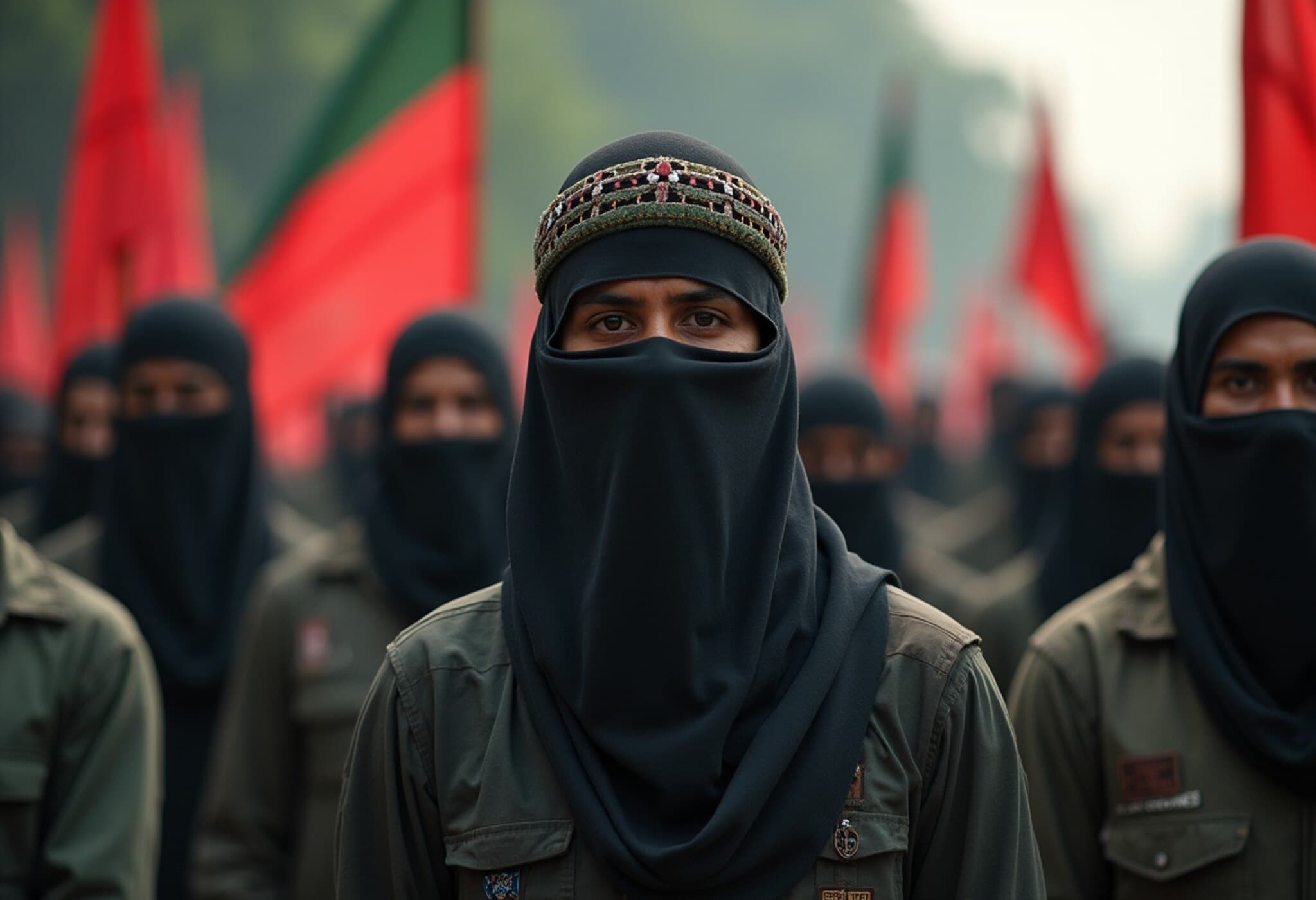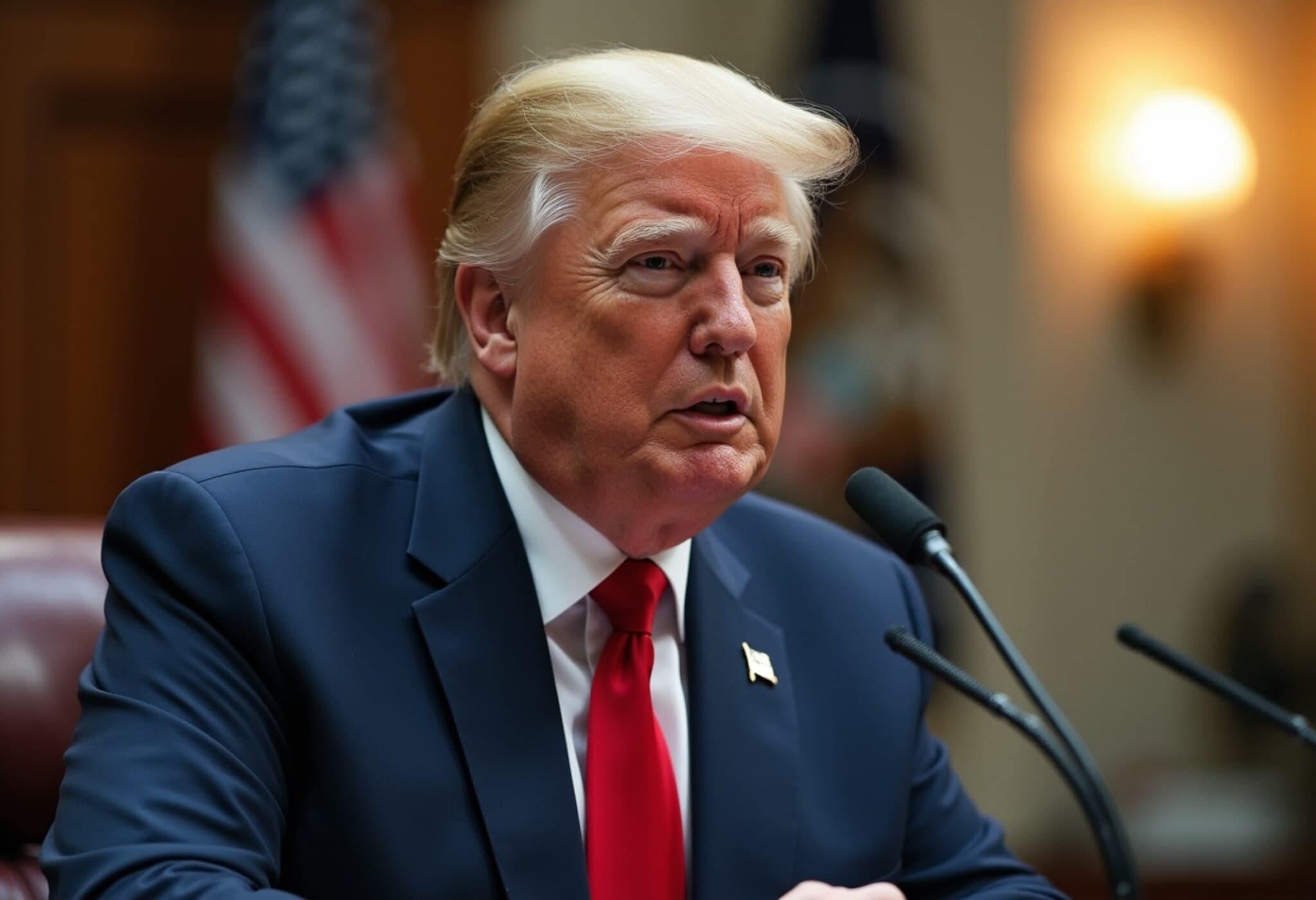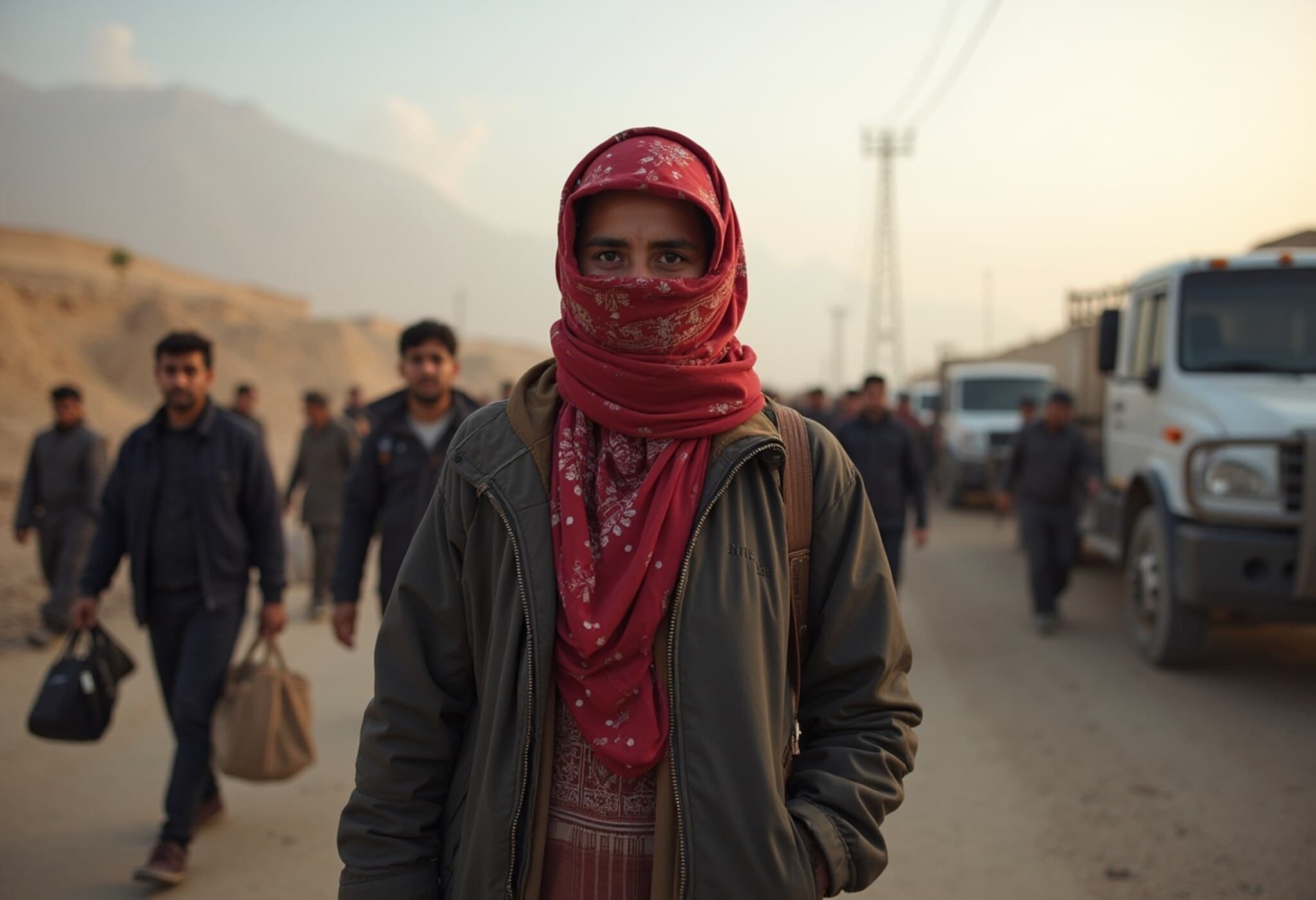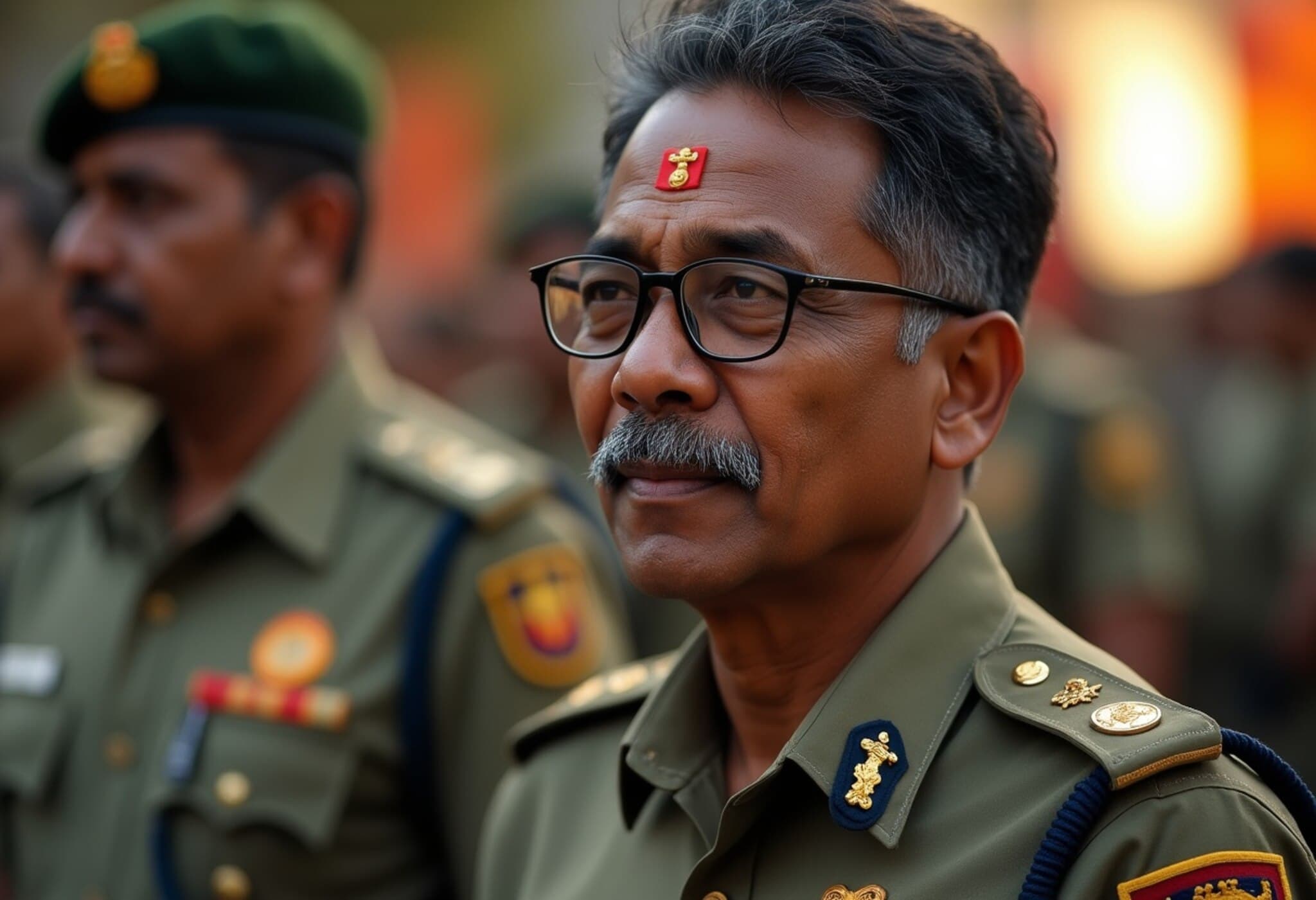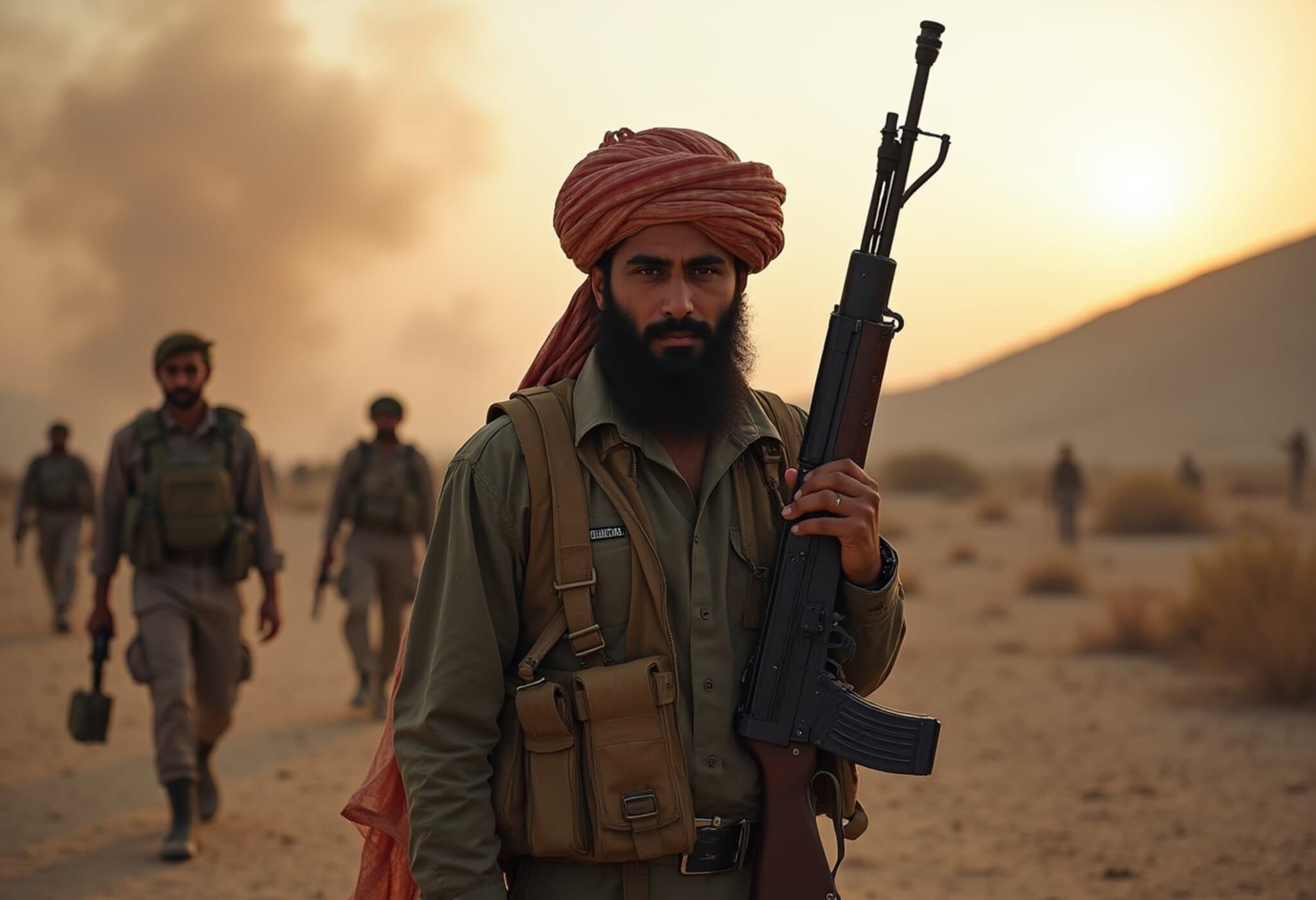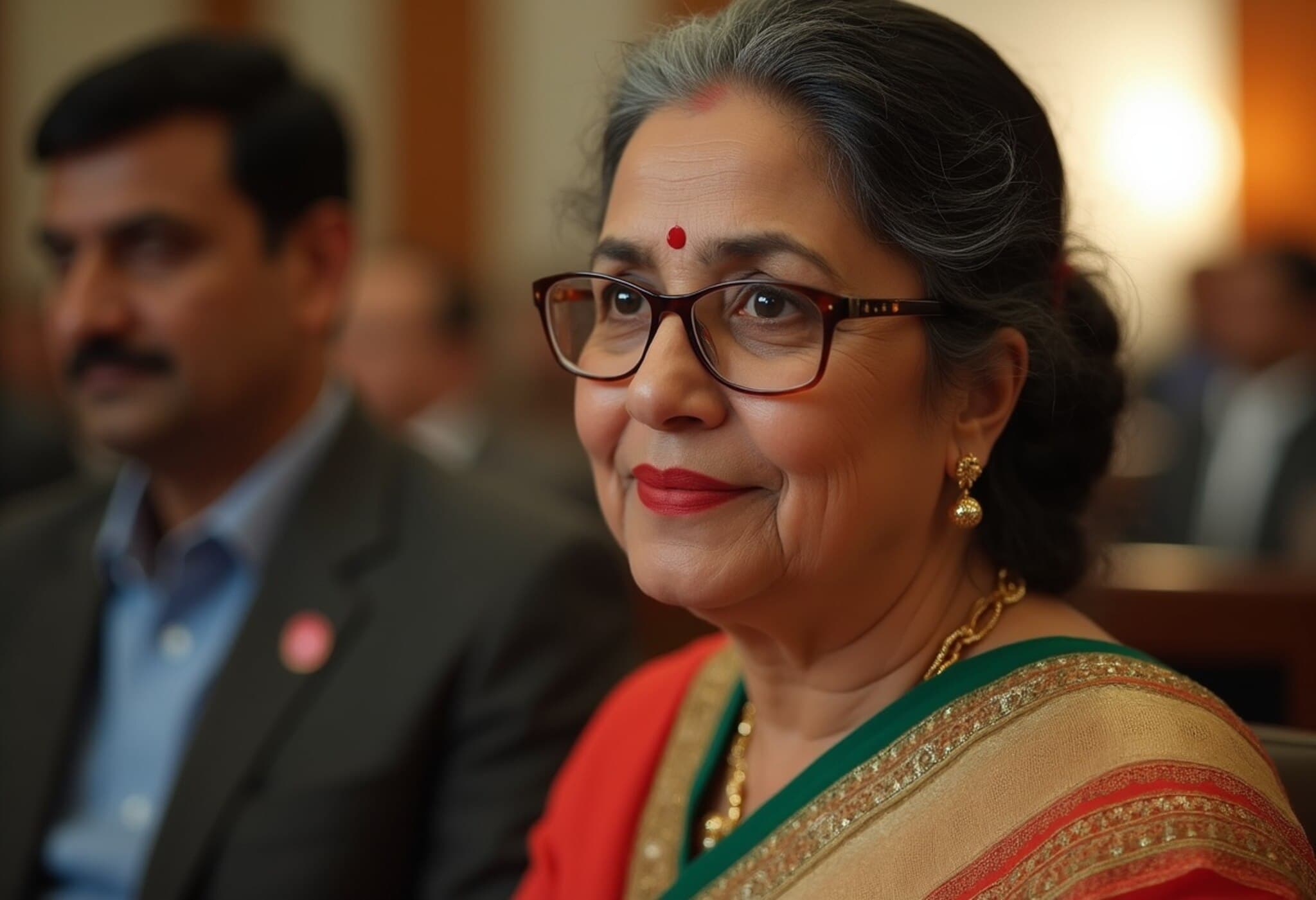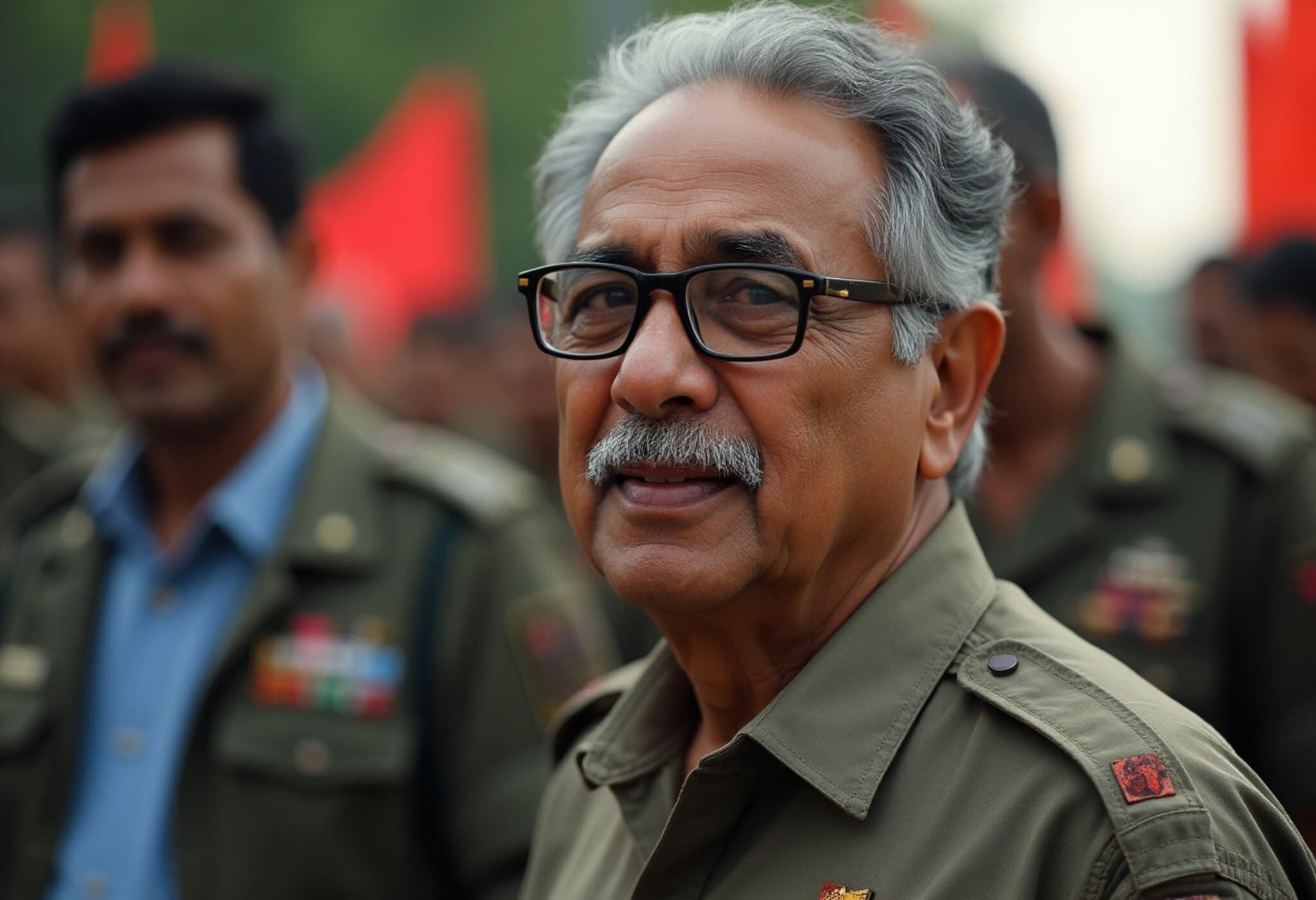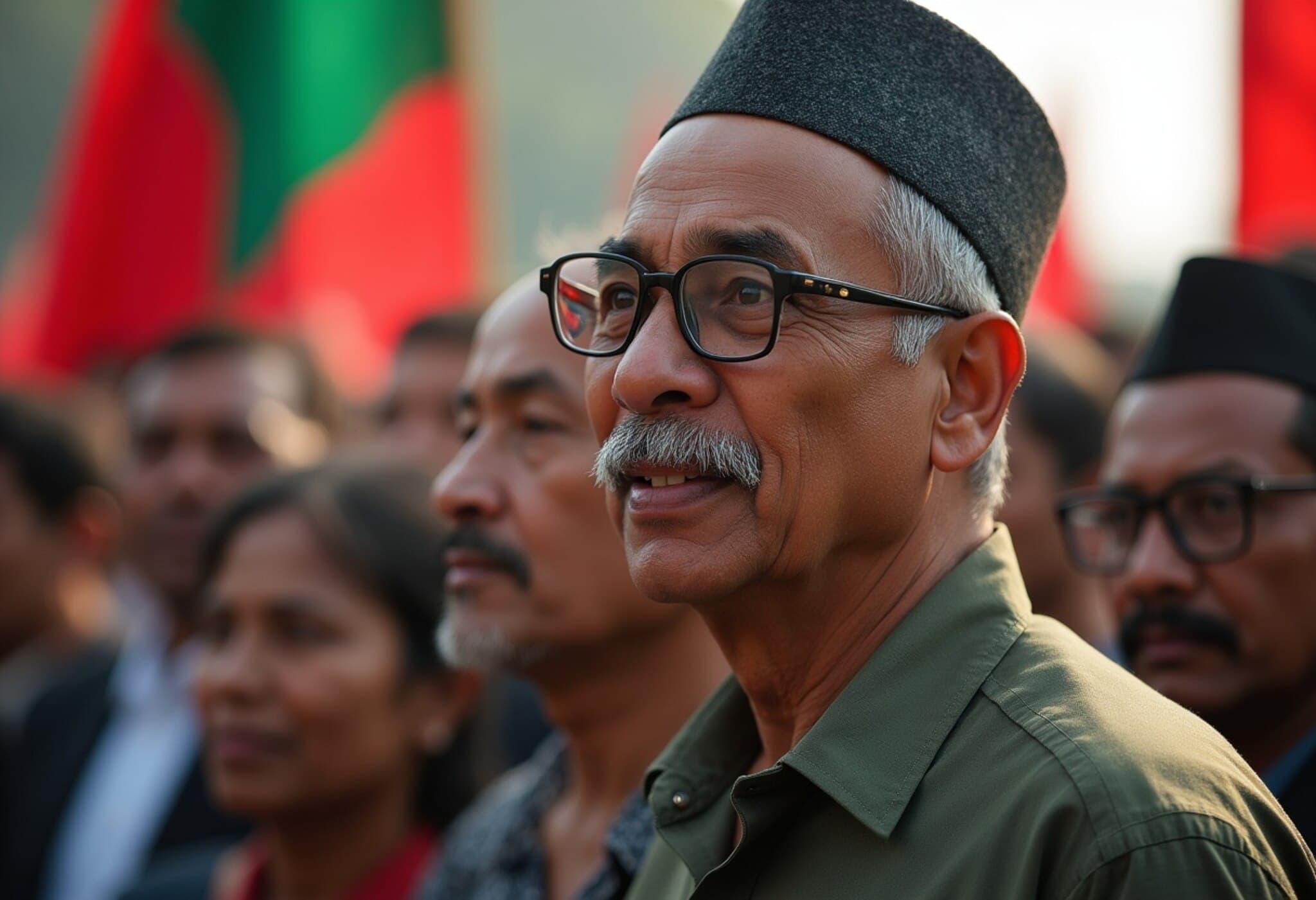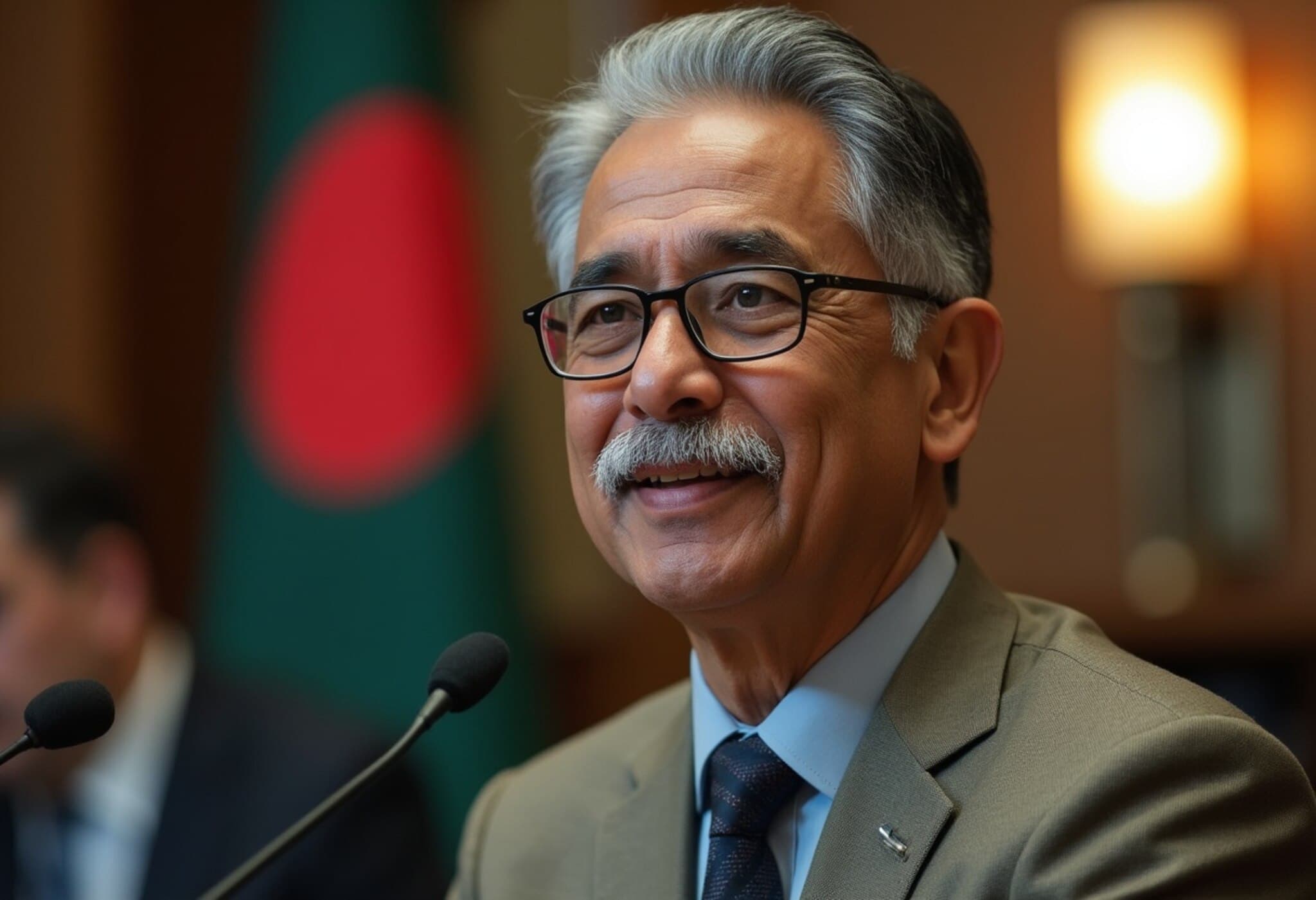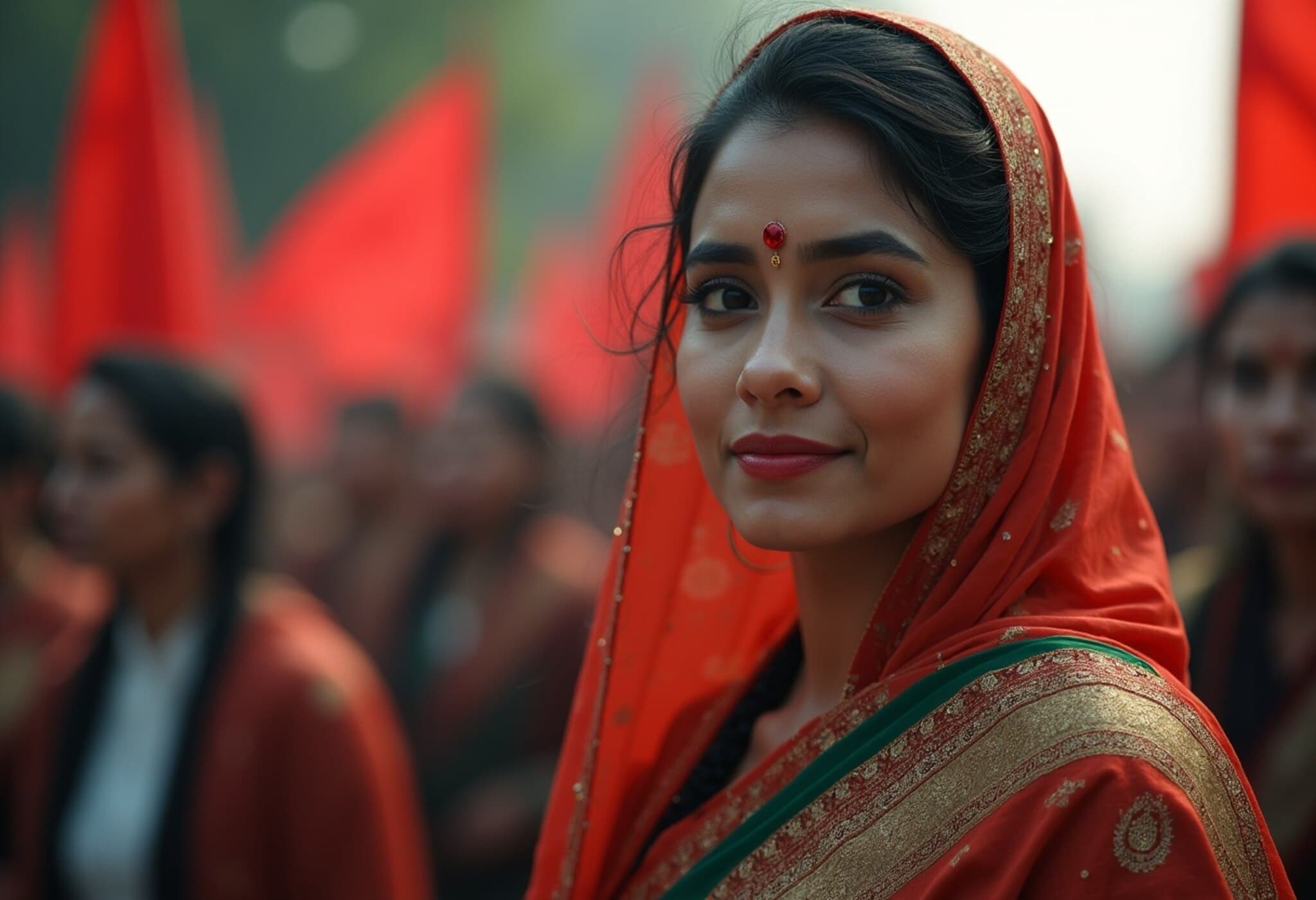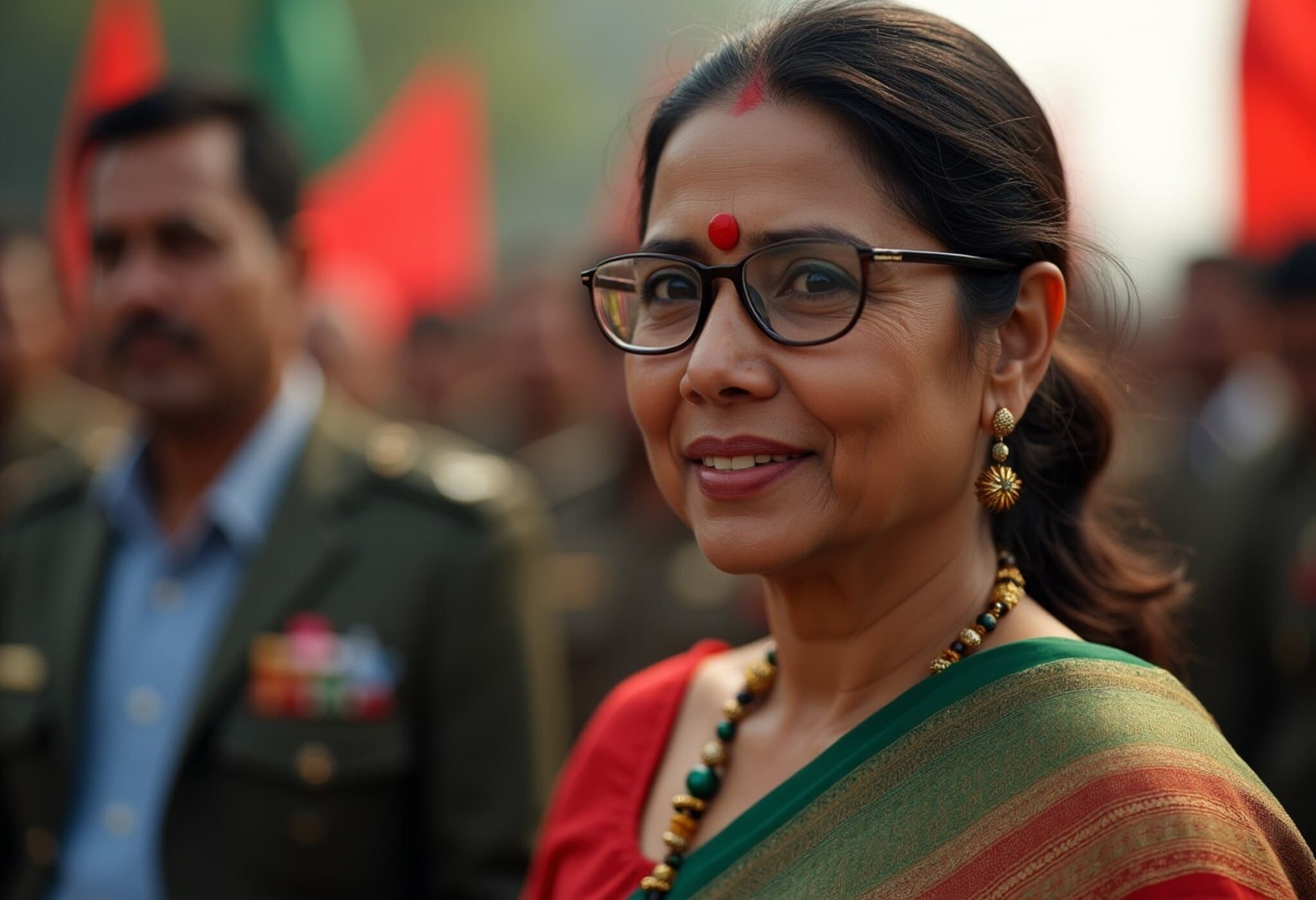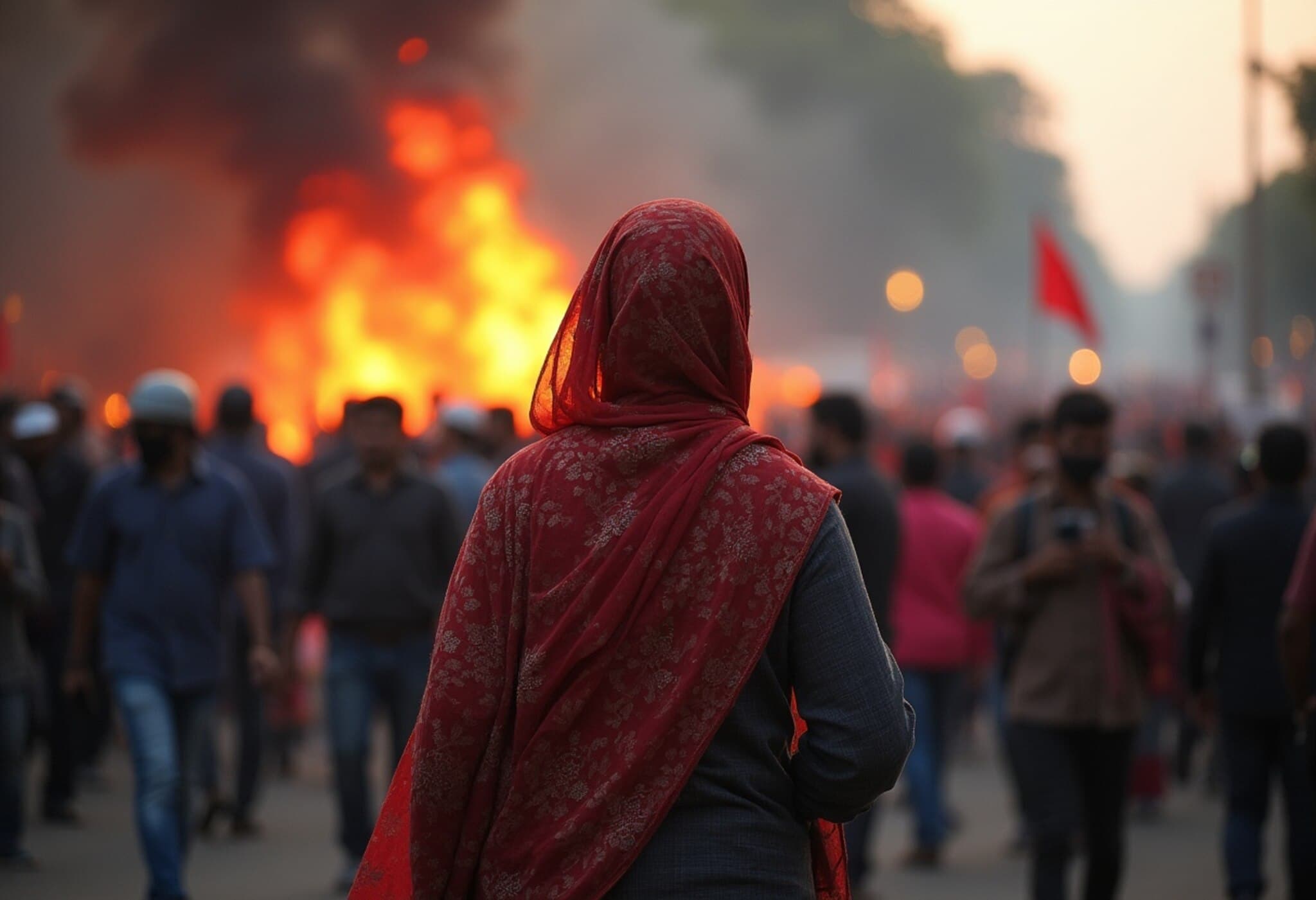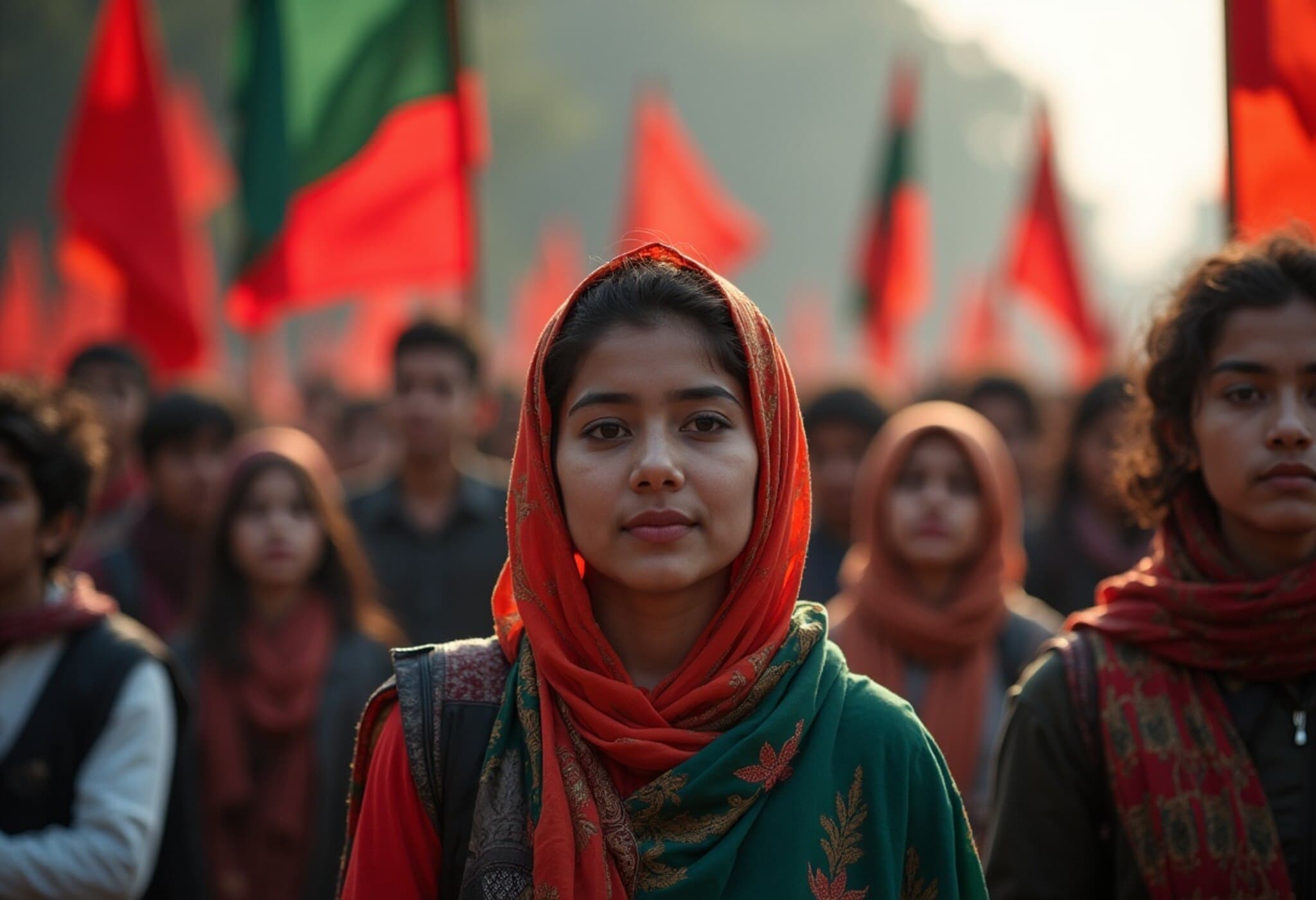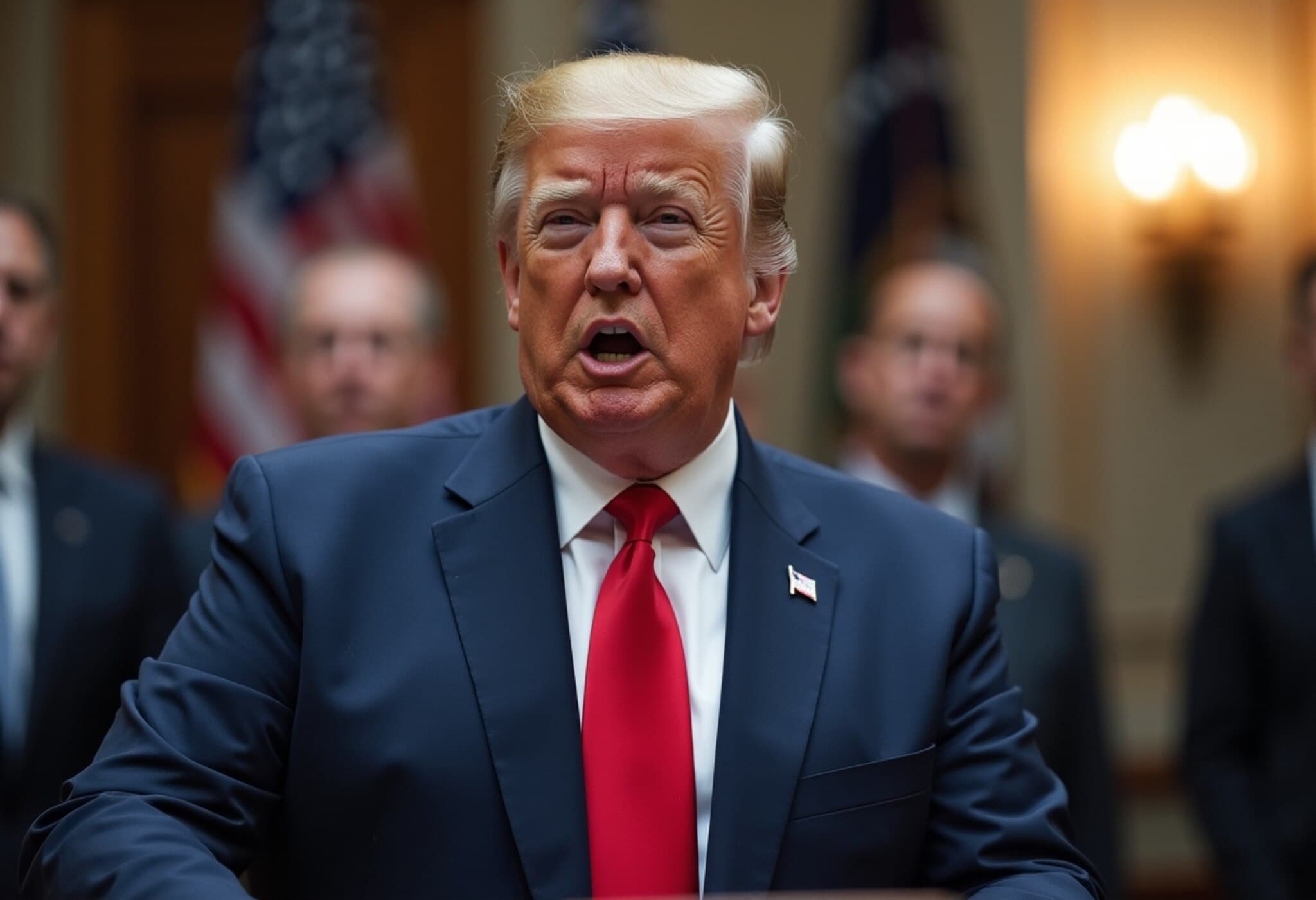Radical Islamist Group Jamaat-Char Monai Pledges Taliban-Style Sharia Rule in Bangladesh
In a deeply concerning development for South Asia’s political landscape, the Islamist faction Jamaat-Char Monai has publicly declared its ambition to restructure Bangladesh in accordance with the harsh Sharia laws implemented by the Taliban in Afghanistan. This announcement, made by the group’s leader Mufti Syed Muhammad Faizul Karim, underscores a growing extremism threat amid rising political instability in Bangladesh under the current interim government.
Leader’s Bold Statement on Sharia Implementation
During an interview on July 1 with Khaled Muhiuddin, a US-based Bangladeshi journalist and editor-in-chief of Thikana News, Mufti Faizul Karim stated unequivocally that if the Islamic Movement Bangladesh were to come into power via electoral victory, Sharia law would be legally enforced nationwide. He explicitly referred to following the governance model seen under Taliban rule in Afghanistan, signaling a sharp turn toward conservative theocracy.
Karim emphasized: “If the government is formed by winning the national election, the Islamic Movement Bangladesh will introduce Sharia law in the country. The current governance system of Afghanistan will be followed.”
Interestingly, Karim attempted to frame this move as inclusive by promising protections and rights for Hindu minorities under Sharia, a claim that experts argue is at odds with the lived realities under Taliban rule. He also suggested the group would selectively adopt “good things” from Western powers like the US, UK, and Russia as long as they do not conflict with Islamic law.
Escalating Tensions Amid Political Vacuum
This statement comes against the backdrop of mounting unrest since Bangladesh’s former Prime Minister Sheikh Hasina was ousted in August last year. The interim government, led by economist Muhammad Yunus, has faced intense criticism for its perceived inability—or unwillingness—to clamp down on extremist violence and sectarian attacks, many targeting minority communities and religious temples.
The ruling Awami League party has condemned the interim administration's silence on Jamaat-Char Monai’s declarations, questioning whether this reflects negligence or complicity. They warn that recent assaults on temples, disruption of Hindu religious practices, and violence against women signify an alarming erosion of Bangladesh’s secular democratic fabric.
Human Rights Crisis Deepens
In a press conference, the Awami League highlighted stark human rights violations since the interim regime took power. They described the country as deteriorating into “brutal anarchy,” with June alone witnessing 63 rape incidents, including 17 gang rapes. Vulnerable groups are disproportionately affected, with survivors including women and girls with disabilities, children, and teenagers. These figures also include 39 cases of sexual harassment and 51 physical assaults against women, painting a grim picture of escalating lawlessness.
Expert Analysis: The Broader Implications for Bangladesh and Beyond
Security analysts warn that Jamaat-Char Monai’s ambitions are not isolated but part of a wider network of radical elements exploiting political upheaval to inch Bangladesh toward Islamist fundamentalism. Collaboration with student groups and factions loyal to the interim government may have emboldened such groups, undermining the country’s pluralistic traditions.
For the United States and other global stakeholders invested in South Asia’s stability, the rise of Taliban-style governance advocates presents a daunting challenge. It raises pressing questions on counterterrorism strategies, diplomatic engagement, and support for democratic institutions in Bangladesh.
Looking Forward: What Can Be Done?
- Strengthen democratic governance: Ensuring free and fair elections with robust security oversight to prevent extremist infiltration.
- Protect minority rights: Upholding Bangladesh’s constitutional commitment to secularism and protecting religious freedoms.
- Address human rights abuses: Immediate action against violence targeting women and religious minorities.
- International collaboration: Enhanced cooperation between Bangladesh and global partners to curb radicalization.
Editor’s Note
The declaration by Jamaat-Char Monai reserves a sobering reminder of how fragile democratic progress can be in politically turbulent environments. Bangladesh stands at a crossroads: Will it uphold its secular, pluralistic roots or allow Islamist extremism to dictate its future? Vigilance, civic engagement, and international support will be crucial to navigating this critical juncture. Readers are encouraged to closely follow ongoing developments and consider the multifaceted challenges of balancing religious freedom with human rights and national security.

